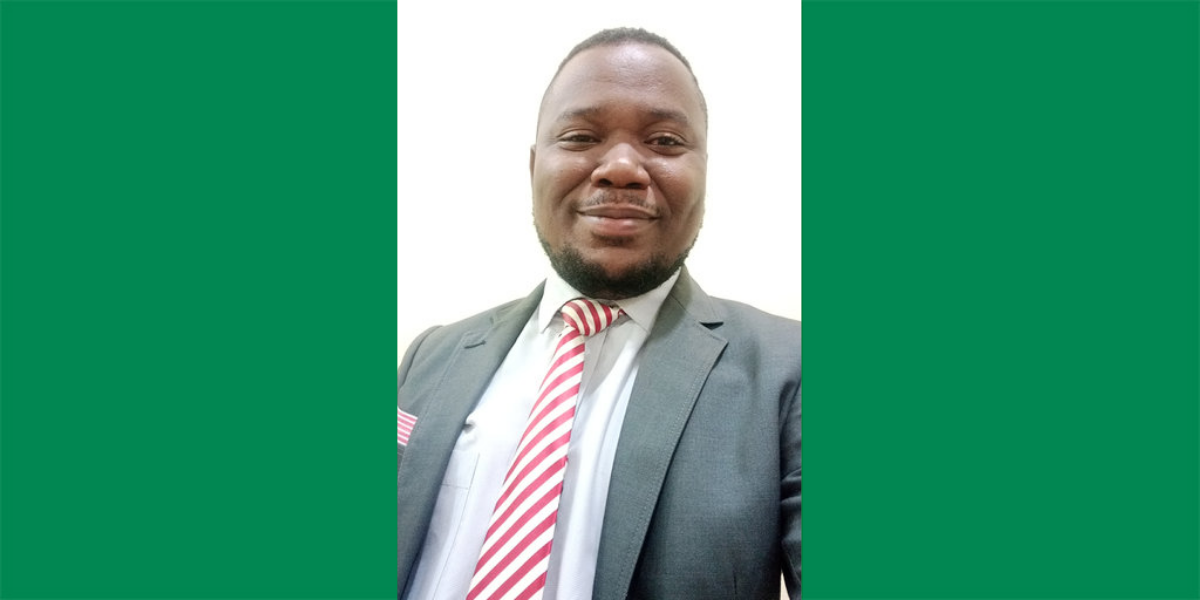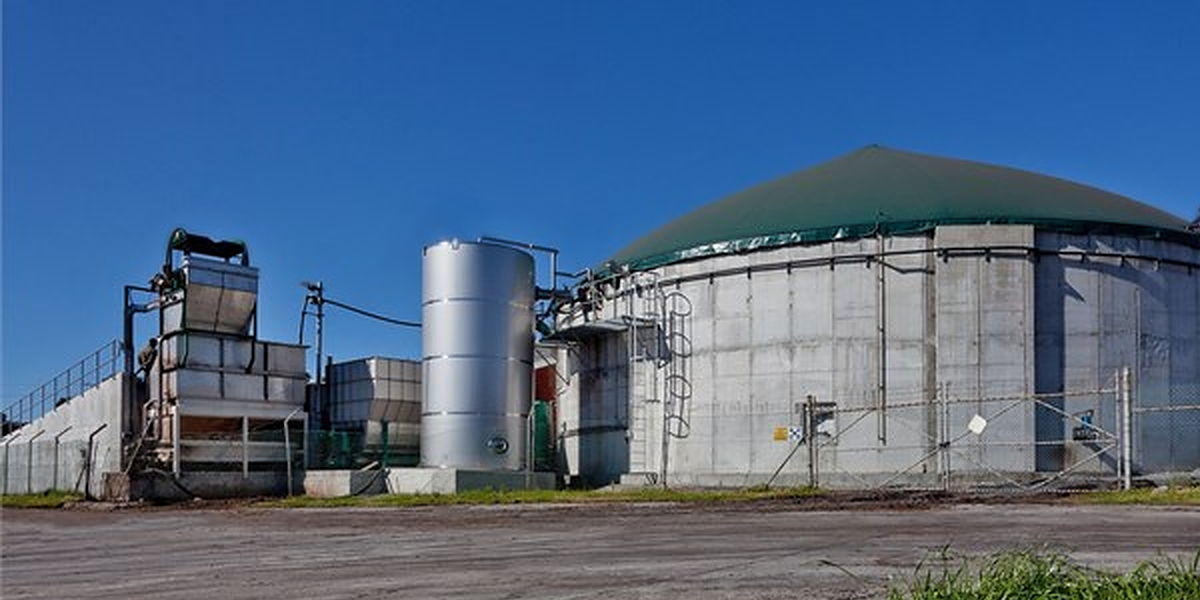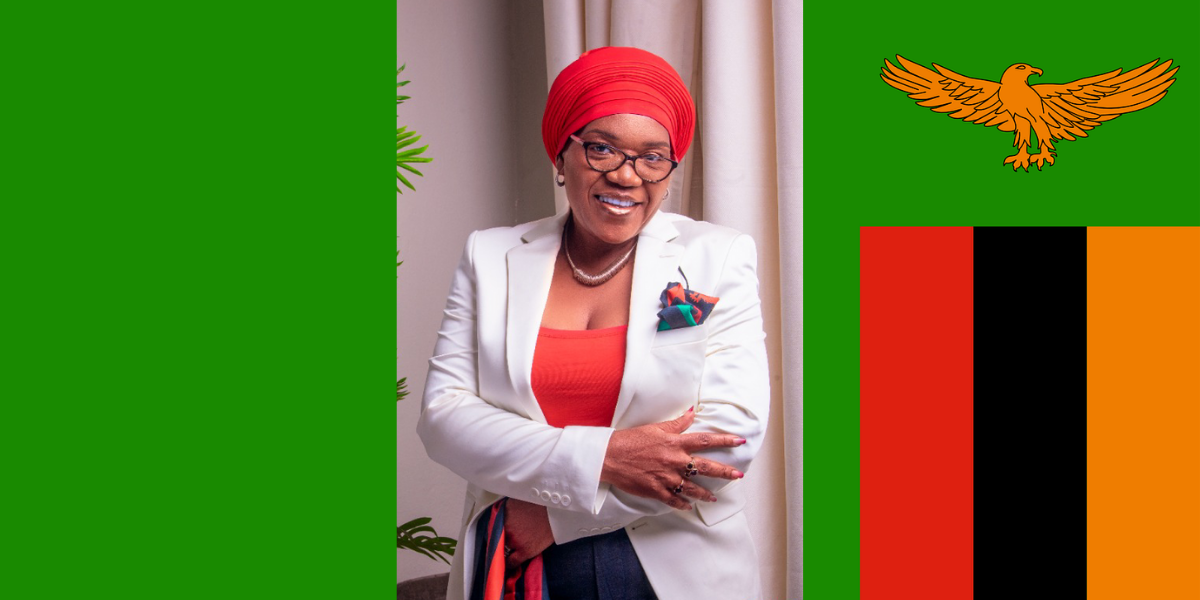
Uhunamure Nosayamen Destiny is a Lecturer at University of Benin, Nigeria. He earned his first degree (B.Sc.) in Accounting, second degree (M.Sc.) in Finance and is presently in the last stage of his PhD program all in the University of Benin. He worked in the industry for about five (5) years where he gathered valuable experience in finance and internal control. He then joined the Department of Entrepreneurship, University of Benin in 2015 as the pioneer lecturer in the department where he has lectured and carried out research activities for about six (6) years.
Give us a sense of your current work and affiliations.
Presently, I lecture undergraduate students on several courses on Entrepreneurship, carry out research activities as well as other administrative duties in my University. I am also a RECIRCULATE Ambassador and a member of CGE-Nigeria. As part of my work I have been engaged in several business development and consultancy services particularly for new ventures and small and medium scale enterprises. I have successfully developed many business plans, carried out market research, field work and feasibility studies for several organisations.
How did you get to hear about and engage with RECIRCULATE as a project?
My engagement with RECIRCULATE started in 2018 with the RECIRCULATE Innovation and Entrepreneurship Training Workshop in Accra, Ghana. This engagement started when the Chairman of CGE-Nigeria; Prof Lawrence Ezemonye was in search of a capable representative for Entrepreneurship in the University of Benin to be part of the RECIRCULATE group. The Dean of the Faculty of Management Sciences at that time; Prof. P. O. Eriki was in the position to nominate a representative and he nominated me to represent the Department and it has been a wonderful experience since then.
What has been your experience engaging with the RECIRCULATE project so far?
It has been a very excellent and interesting experience, the trips and workshops have been amazing, the trainings have been impactful, the networks and relationships have also been wonderful. All round it has been a great and exciting experience.
What do you consider are the two biggest challenges that research faces in Africa?
In my opinion the two biggest challenges that research faces in Africa are government/institutional support and funding.
What are your views of the state of waste management in Africa – what are the challenges you see?
Waste management in Africa is still at a very poor state, there are no proper management practices in place, no proper regulations and compliance in most places. Though some urban centres or state capital have proper waste management systems in place, these systems are not replicated in other places and are not sustainable, the rural centres are worst hit as most of the inhabitants are battling with waste in their communities particularly those in the riverine areas or those living close to some manufacturing or industrial sites. The immediate challenge posed are serious environmental and health challenges, the accounts for the high rate of infectious disease in Africa. The present situation though with its challenges also gives a lot of opportunities to entrepreneurs who are willing and capable of changing the narrative.
In your view, what are the two key Sustainable Development Goals (SDGs) that you believe RECIRCULATE addresses as a project and which two goals should it be addressing even more?
Though I see RECIRCULATE addressing more than two key goals, but for the purpose of answering the questions, the two key SDGs I believe RECIRCULATE addresses are Goal 4 (Quality Education) and Goal 7 (Affordable and Clean Energy). The two goals it should be addressing more are Goal 9 (Industry, Innovation and Infrastructure) and Goal 11 (Sustainable Cities and Communities)
Do you have any final thoughts?
RECIRCULATE has been very impactful and beneficial, I will encourage all partners and members to continue in the spirit of collaboration and shared knowledge. It will be wonderful if the group can secure the necessary funding to continue its activities and programs and spread the benefit and knowledge gained to many others.
All articles in The FLOW are published under a Creative Commons — Attribution/No derivatives license, for details please read the RECIRCULATE re-publishing guidelines.




